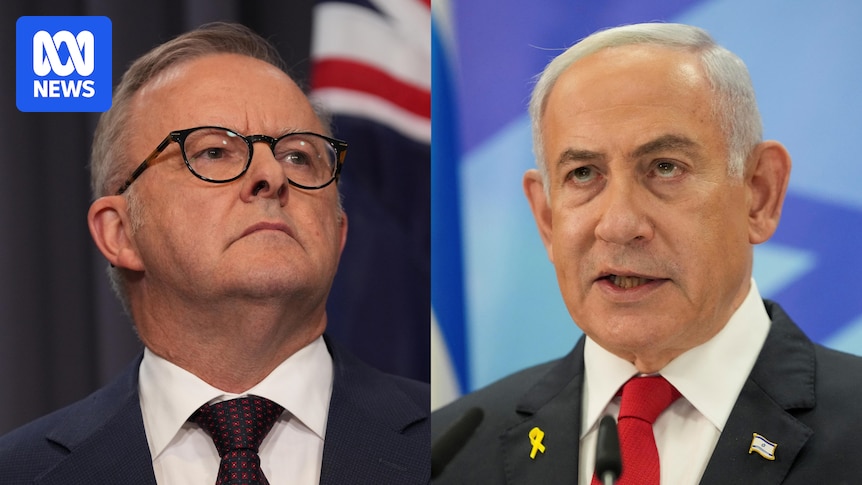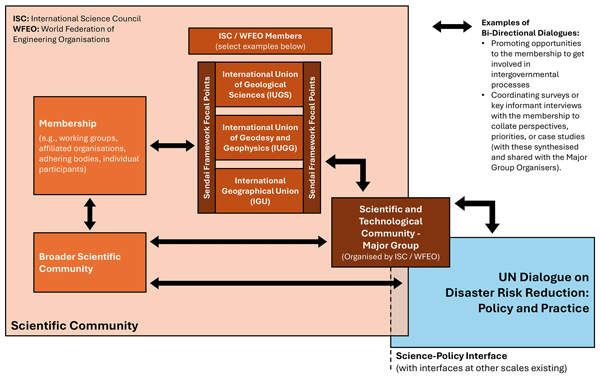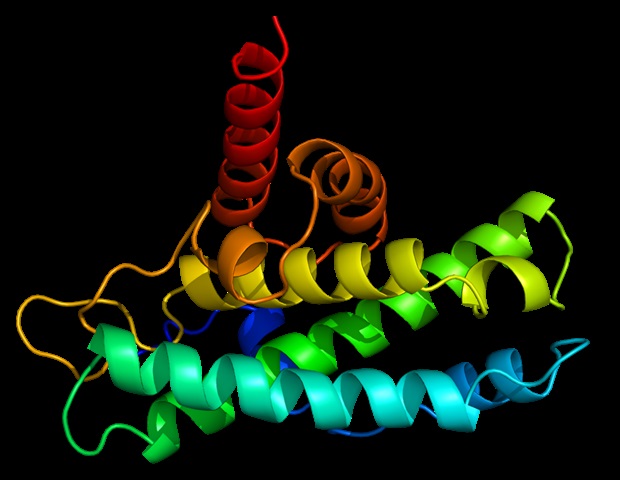
Just before 7 PM in Canberra on Tuesday night, a social media post from Israeli Prime Minister Benjamin Netanyahu’s office sent ripples through diplomatic circles. Adopting a style reminiscent of Donald Trump’s digital diplomacy, Netanyahu’s office sharply criticized Australian Prime Minister Anthony Albanese. The post on X read,
“History will remember Albanese for what he is: a weak politician who betrayed Israel and abandoned Australia’s Jews.”
This dramatic statement comes amid a shifting global sentiment that appears increasingly critical of Israel’s actions. However, if Netanyahu intended to unsettle Albanese, he may find himself mistaken, as the Australian leader joins a growing list of international figures who have faced Netanyahu’s ire.
Netanyahu’s Diplomatic Playbook
The criticism of Albanese is not an isolated incident but part of a broader pattern in Netanyahu’s diplomatic strategy. The Israeli leader has consistently used strong language against global leaders who challenge Israel’s policies. Recently, he labeled the leaders of France, Canada, and the United Kingdom as hypocrites for recognizing a Palestinian state, stating,
“When mass murderers, rapists, baby killers and kidnappers thank you, you’re on the wrong side of justice.”
Such rhetoric is often reserved for public audiences, with Netanyahu reportedly sending similarly worded private letters to Albanese and French President Emmanuel Macron. The personal nature of the attack on Albanese suggests that Israel views Australia as a more accessible target, possibly due to its recent policy shifts regarding Israel and Palestine.
Australia’s Changing Stance
Australia’s rhetoric towards Israel has evolved in recent months, driven by the humanitarian crisis in Gaza. The devastation has prompted even the most neutral observers to adopt a more critical stance. Australia joined other nations in sanctioning controversial members of Netanyahu’s coalition government, citing their inflammatory remarks about the West Bank and settlements.
Prime Minister Albanese has openly criticized Israel’s actions, accusing it of breaching international law by restricting aid to Gaza. In a recent interview, he described a phone call with Netanyahu as “long” and “civil,” though the Israeli government chose not to comment. Shortly after this call, Netanyahu publicly criticized Australia’s decision to recognize Palestinian statehood.
Diplomatic Tensions and Responses
In response to Australia’s stance, Israel announced the expulsion of Australian diplomats from the West Bank, mirroring actions taken against Norway and Spain when they recognized Palestinian statehood. This diplomatic tit-for-tat highlights the fragile nature of international relations in the region.
Despite the tension, the Executive Council of Australian Jewry called for calm, emphasizing the longstanding ties between Israel and Australia.
“There are real-life consequences here and we want to see the countries work through any issues before things get out of hand,”
stated Alex Ryvchin, co-chief executive of the council.
Broader Implications and Future Prospects
Netanyahu’s critique of Albanese can also be seen as a move to solidify his domestic standing, portraying himself as a defender of Israel against Western criticism. However, this strategy may resonate less with international audiences, especially as the humanitarian crisis in Gaza continues to unfold.
The ongoing conflict in Gaza, now in its 22nd month, has resulted in a reported death toll exceeding 62,000 Palestinians. Critics argue that Israel’s military actions have shifted from self-defense to territorial expansion, a claim Israel denies. The humanitarian and political implications are significant, with large protests occurring worldwide, including in Australia.
Albanese’s government faces pressure to address these issues, particularly as Australia is a member of the International Criminal Court (ICC), which has issued an arrest warrant for Netanyahu for alleged war crimes. The Australian government has avoided commenting on whether it would enforce such a warrant, dismissing it as hypothetical.
As diplomatic tensions continue, the future of Israel-Australia relations remains uncertain. The situation underscores the complexity of international diplomacy and the challenges of balancing national interests with global humanitarian concerns.






